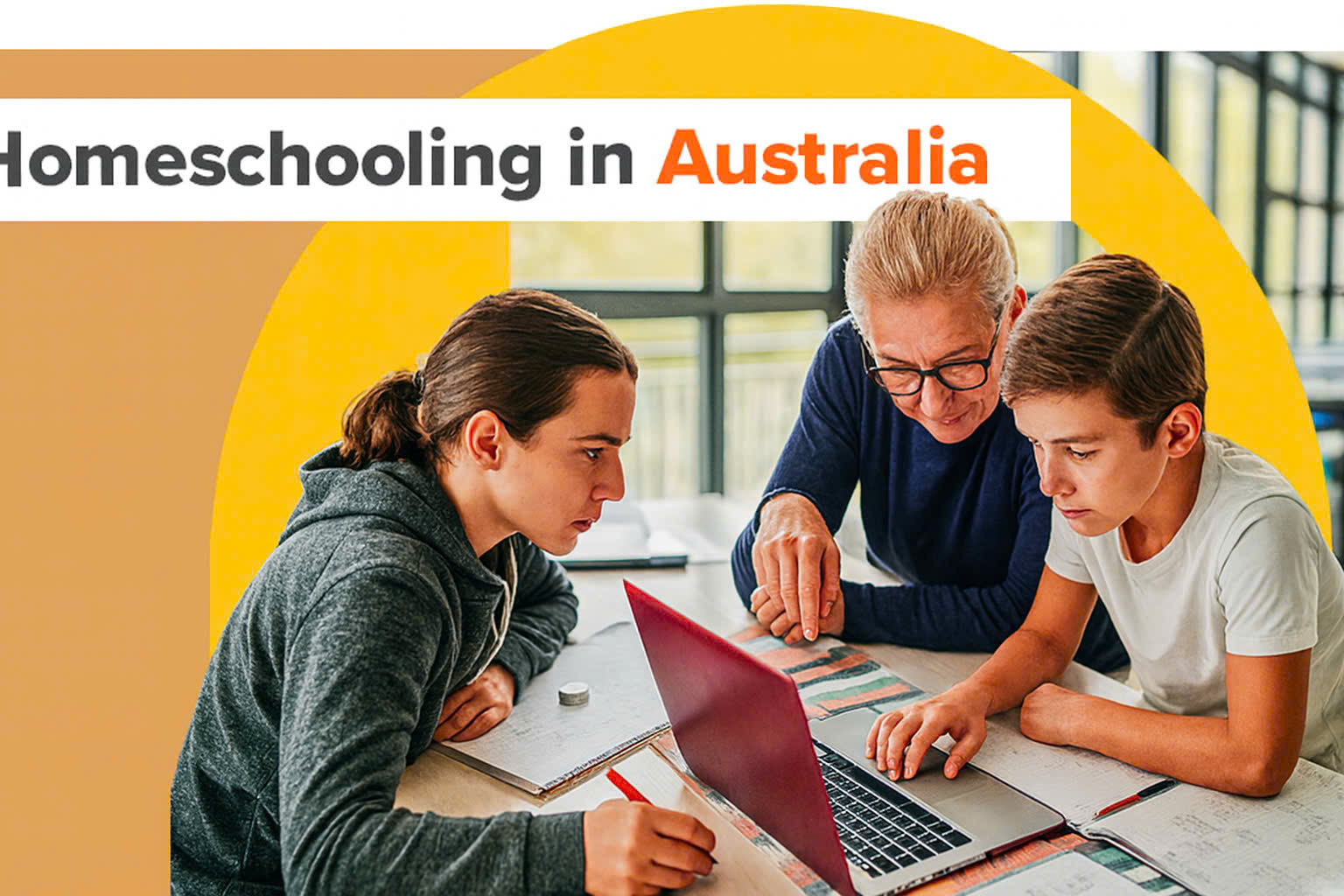
Memorising vs. Googling: What Does It Really Mean to Learn?
Should students be allowed to use Google during exams? In the digital age, the question of what it means to truly learn has become more complex than ever.
For decades, educators have debated the value of rote learning — memorising information through repetition — versus conceptual learning, which focuses on understanding and applying knowledge rather than simply recalling facts. This discussion has influenced how we teach, what we teach, and whether the traditional classroom-and-exam model still works for today’s students.
A Brief Look Back
In the 19th century, when the modern classroom became standard, a large portion of the school day was dedicated to recitation. Students stood before their peers, repeating lessons word for word to prove their mastery. At the time, the ability to memorise was seen as the measure of intelligence and learning.
Thankfully, education has moved away from this narrow view. Today, rote memorisation is no longer considered proof of deep learning — but it still plays a role in mastering foundational skills. Babies learn to speak by hearing the same words repeatedly, just as students learn multiplication tables to prepare for more advanced mathematics.
How Much Do We Really Need to Memorise?
While some core facts and rules must be remembered for efficiency and fluency, many details don’t require rote memorisation.
For example, the University of NSW allows law students to take open-book exams, while medical science students sit closed-book tests. The difference is practical: lawyers have time to consult notes or case law before advising clients, while doctors in emergency situations must recall life-saving knowledge instantly.
This distinction is at the heart of the debate in Australian schools over whether students should have internet access during exams. Critics warn of the “Google effect” — overreliance on technology reducing working memory capacity. Supporters argue that, in everyday life, we all carry powerful devices in our pockets, so expecting students to memorise every fact may be unrealistic.
Is the Real Issue the Exams?
Our definition of intelligence has shifted dramatically since the 19th century. Back then, knowing a large number of facts was impressive because access to information was limited. Today, intelligence is often measured by how well we use and apply information, not just by how much we know.
That said, memory still matters. Being able to recall details quickly is far more efficient than searching for them every time. Strong memory skills also provide social and professional advantages, from remembering names and personal details to building rapport and trust.
The Balanced Approach
In reality, effective learning requires both memorisation and understanding. Knowing foundational facts enables faster problem-solving, while critical thinking skills allow students to apply those facts meaningfully. The challenge for modern education is finding the right balance between the two — and deciding how technology should fit into the process.
At Aussie Edu Hub, we focus on helping students strengthen their core knowledge while developing the skills to apply it effectively, whether in a closed-book exam or a real-world scenario. After all, true learning isn’t just about what you know — it’s about how you use it.



